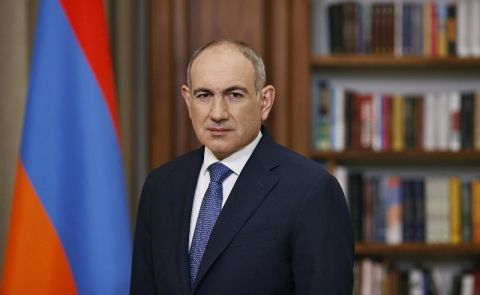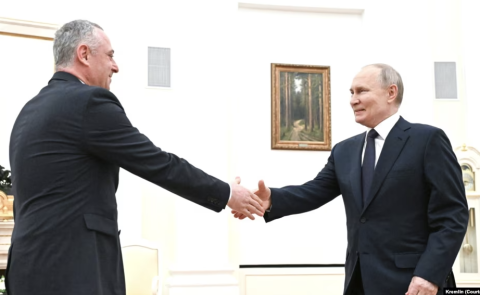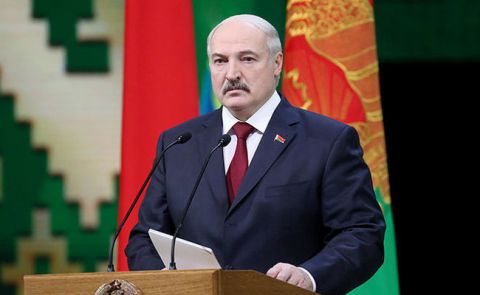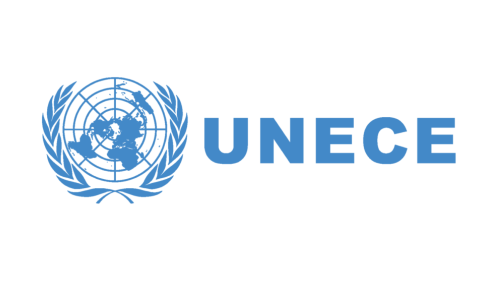
Advisory Committee Calls for Minority Rights Reforms in Azerbaijan, While Government Pushes Back

On November 18, the Advisory Committee of the Framework Convention on the Protection of National Minorities released its fifth opinion on Azerbaijan, offering a mixed review of the country's progress and challenges regarding minority rights.
The report acknowledged Azerbaijan's efforts as a multi-ethnic state to promote ethnic, cultural, linguistic, and religious tolerance. It noted that national minority rights are enshrined in the Constitution and supported by multicultural policies, with minority cultures celebrated at state and local levels. Religious tolerance and interfaith dialogue are also central to the government’s agenda.
However, the Committee concluded that these initiatives are insufficient to ensure full and effective equality for minorities. It expressed concerns over significant restrictions on fundamental freedoms, stating:
"Restrictions on the freedom of expression, assembly, and association severely limit the ability of persons belonging to national minorities to effectively use their rights."
The report criticized Azerbaijan's legal framework for non-governmental organizations, media, and political parties, highlighting how these laws restrict freedoms. It also cited ongoing arrests of civil society representatives, human rights defenders, journalists, and activists, including those from minority groups.
The opinion further identified gaps in legislation protecting minority rights, including in areas such as non-discrimination, language rights, and education. While equality and non-discrimination are legally guaranteed, the Committee noted that Azerbaijan does not collect systematic data on ethnic, linguistic, or religious discrimination, nor has it implemented targeted policies to address these issues.
Focus on Karabakh
For the first time, the Committee assessed the situation in Karabakh, noting that during the monitoring period, Azerbaijan regained control of the region. The displacement of over 100,000 Armenians was highlighted as a significant concern.
The report underscored the need for Azerbaijan to:
1. Ensure the safe return of displaced persons,
2. Address property restitution or compensation,
3. Protect Armenian cultural and religious heritage, and
4. Promote genuine trust and reconciliation.
The Committee urged the Azerbaijani government to inventory and safeguard Armenian religious and cultural monuments, investigate allegations of vandalism, prevent ethnic hatred, and establish mechanisms for resolving property disputes.
Azerbaijan’s Response
In response, the Azerbaijani Foreign Ministry rejected many of the findings, asserting that Azerbaijan had cooperated closely with the Committee during the monitoring period. The Ministry emphasized that the Committee’s delegation had engaged extensively with state institutions, minority representatives, the Ombudsman, and minority NGOs during its visit.
While acknowledging some progress, the Ministry argued that the report overlooked Azerbaijan's achievements and included unsubstantiated claims unrelated to the monitoring period. It criticized the Committee for addressing issues outside its mandate, such as the Lachin road and the migration of Armenians from Karabakh, and accused it of misinterpreting decisions by the International Court of Justice.
The Ministry further condemned what it called a "politically motivated and biased approach," claiming that the report selectively focused on the Armenian ethnic group while disregarding other minorities. It also noted excessive reliance on unverified sources.
Emphasizing the Convention's foundation in respect for sovereignty, territorial integrity, and the constitutional structures of member states, the Ministry asserted that the Committee failed to adequately consider these principles.
Azerbaijan also raised concerns about the inconsistent application of standards across member states, citing the neglect of Azerbaijanis forcibly displaced from Armenia. The Ministry rejected recommendations to revise media and NGO laws as inappropriate and beyond the Committee’s remit.
The statement concluded with a reaffirmation of Azerbaijan’s commitment to human rights and improving living standards for all citizens, emphasizing that efforts to achieve these goals are ongoing.
See Also


Abkhazia’s Separatist Leader Discusses Relations with Russia

CoE Commissioner Addresses the Georgian Government

Kobakhidze Announces Plans to File Lawsuit to Ban the "Collective National Movement"

Belarus Affirms It Has Never Been an Adversary to Georgia

